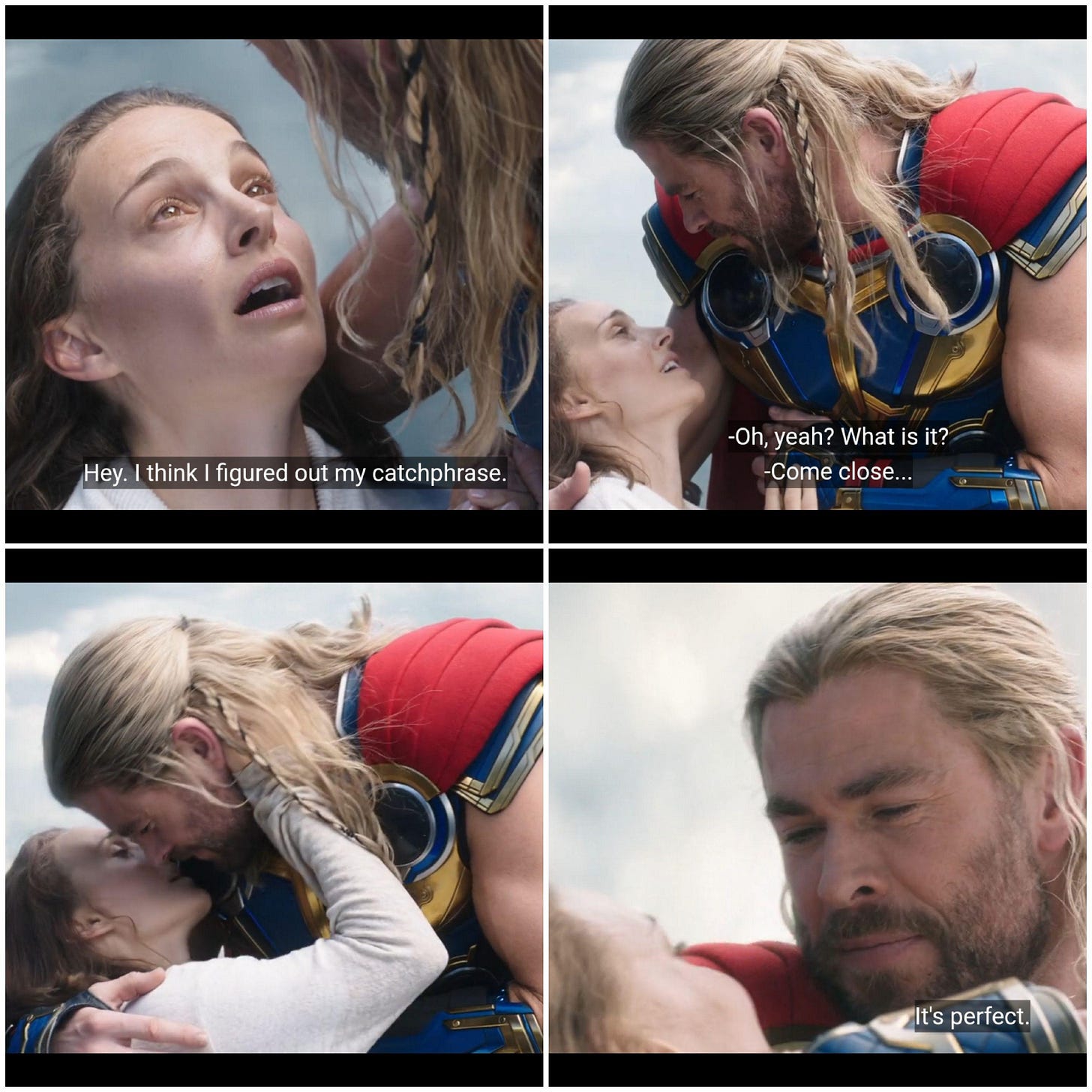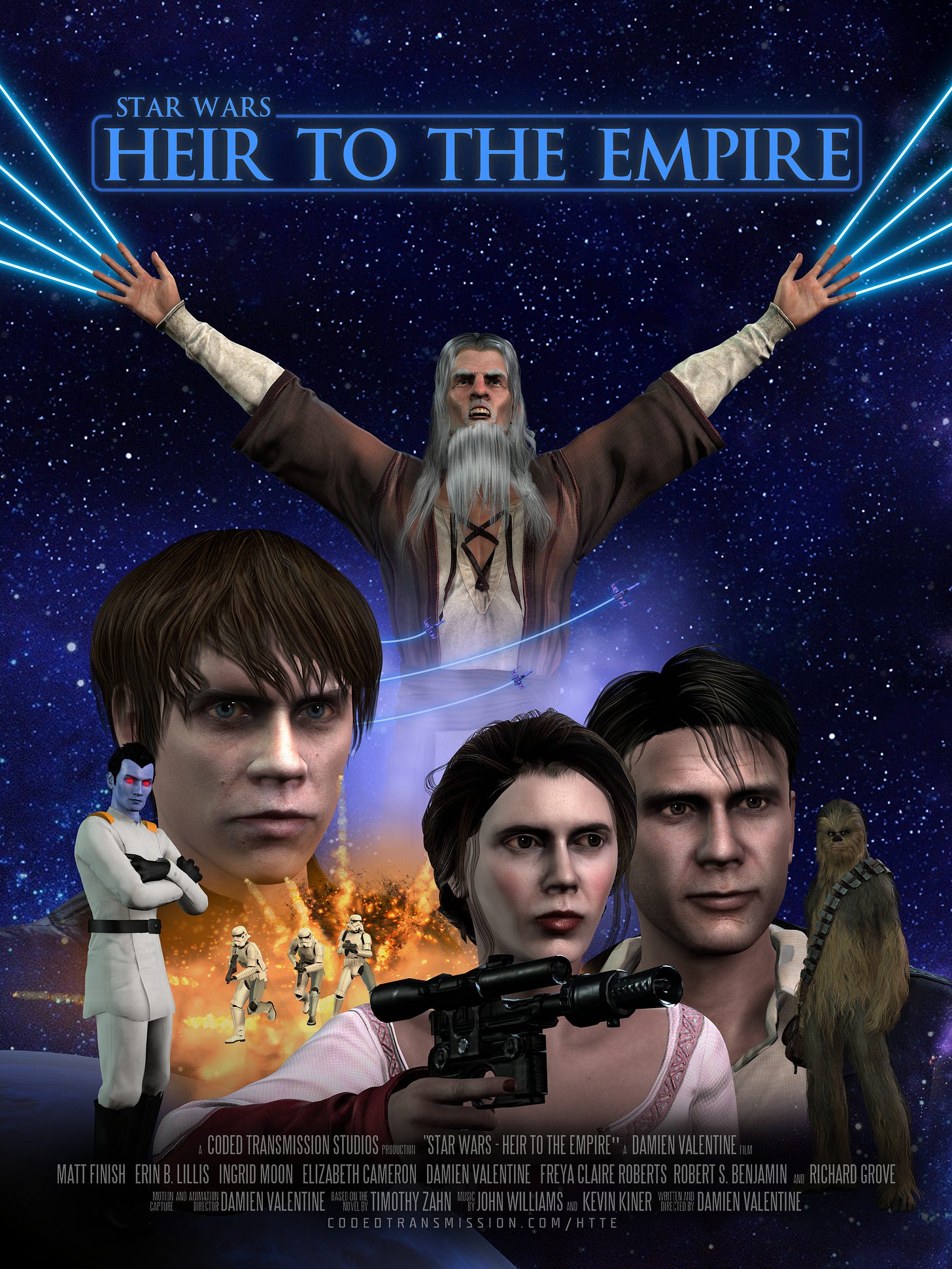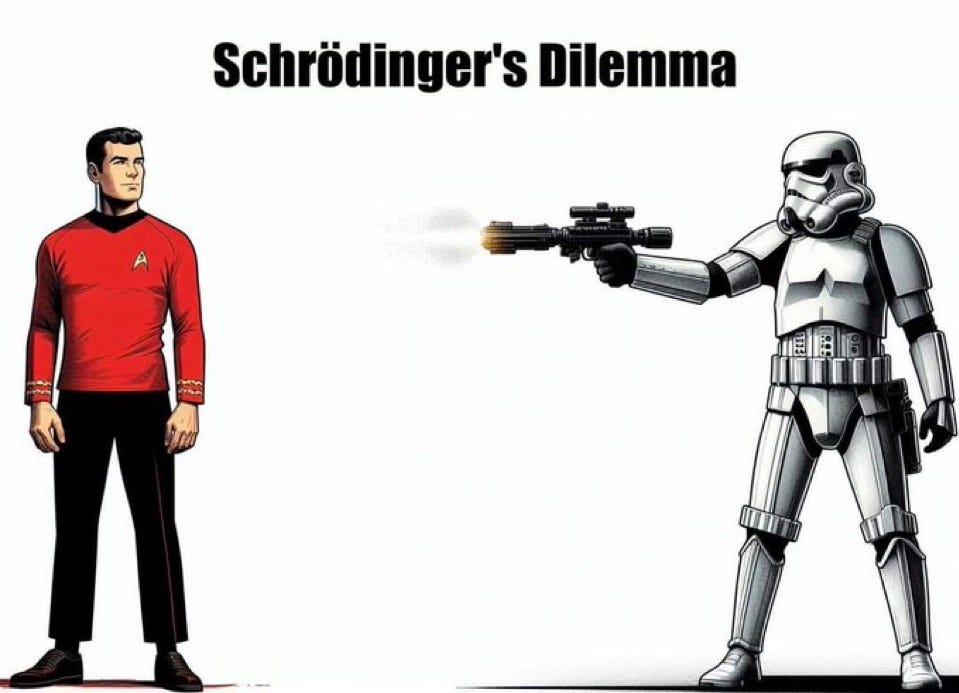Late in 2024, Disney released Star Wars “Skeleton Crew.” Starring Jude Law, it is essentially Goonies in Space. I liked it although the ratings overall haven’t been great. This comes after another mediocre offering in “The Acolyte.”
Since purchasing LucasFilm in 2012, Disney has been hit and miss with its Star Wars IP.
Most Star Wars fans will remember where they were when they first saw Star Wars.
Every fan also remembers seeing the sequel “The Empire Strikes Back” and debating whether Vader was really Luke’s father or not.
But, casual fans may not know that the sequel to Star Wars wasn’t always going to be “Empire.”
Splinter of the Mind's Eye is a science fiction novel by American writer Alan Dean Foster, a sequel to the film Star Wars. Originally published in 1978, the book was written with the intention of being adapted as a low-budget sequel to Star Wars in case the original film was not successful enough to finance a high-budget sequel. It was also the beginning of the Star Wars Expanded Universe.
I have previously written about “Health Care Zombies.” These are ideas or concepts that are hard to kill and keep rising up again and again.
But I didn’t coin this term. It was coined by a classmate, Dr. Danielle Martin, in her book “Better Now.”
So I figured I needed to come up with my own catchphrase instead of leaning on someone else’s
So, I give you the “Health Care Splinter.”
A Health Care Splinter is a type of “wicked question.” I learned about wicked questions during my PLDP training at York University.
A wicked question is a liberating structure, which is a tool used to test a problem, to provoke change.
“Wicked Questions engage everyone in sharper strategic thinking by revealing entangled challenges and possibilities that are not intuitively obvious. They bring to light paradoxical-yet-complementary forces that are constantly influencing behaviors and that are particularly important during change efforts.”
My “Health Care Splinter” is a question or thought that lodges itself in the brain. It sticks. It’s hard to shake. It burrows deeps and needs to be dug out in order to be extracted. It persists until it is answered.
What are some examples of a Health Care Splinter?
How do we have a doctor shortage when we are graduating more doctors in Canada than ever before?
When has Canada’s healthcare system NOT been in a crisis or under stress? Why does more money never seem to solve the problem?
Splinters can be wise but they can also help to manage silly juveniles like Master Splinter, the rat master of the Teenage Mutant Ninja Turtles.
Is “paper straws suck!” a compliment or an insult?
What is “comprehensive longitudinal” primary care? Is it birth to death? Is it cradle to grave? Pediatrics to palliative care? Or just the stuff in the middle?
What exactly is an “apateu, apateu” anyways?
Is access to a wait list access to care?
Is timely identification better than early identification in palliative care?
Why are patients told that phones are answered during very specific hours and this line does not take messages?
There are 168 hours in a week and only 40 hours in a standard 9-5 work week. What happens during the other 128 hours?
What is the difference between a chemotherapeutist and an oncologist?
Why is Western, founded in 1881, still the only medical school in Ontario without a division or department of palliative medicine?
Why do specialists like oncologists, nephrologists, cardiologists or respirologists receive no mandatory training in end of life care? Do their patients never die?
Why is every healthcare system in the OECD ranked above Canada a public/private hybrid?
Is working 5-8pm still considered being “on-call?”
If you need to repeatedly tell people you are the best health care system in the world, are you really?
Sometimes it is a question without an answer but generates a ton of debate.
The Greek philosopher Socrates was famous for asking questions. It even has its own name. Known as the Socratic Method, it “begins with commonly held beliefs and scrutinizes them by way of questioning to determine their internal consistency and their coherence with other beliefs and so to bring everyone closer to the truth.”
Obviously, Star Wars was an unparalleled success and Splinter of the Mind’s Eye was relegated to a trivia question rather than adapted for the silver screen.
I hope that Star Wars rights the ship. It needs a revival of sorts, following the disappointing Sequels. A Renaissance that began with the Mandalorian, Kenobi and Ashoka.
Time to adapt Timothy Zahn’s “Heir to the Empire.”
Maybe someday I’ll write a book and join the ranks of doctor/author like Danielle Martin, Jane Philpott, Shawn Whatley, Brian Goldman, Jason Profetto and Seuss, just to name a few.
Until then, I leave you with one last Splinter…










great article Darren! as the late, great Jerry Garcia once noted "you ain't gonna learn what you don't wanna know"...
Always great to hear from you Frank. APT by Rose and Bruno Mars is probably the catchiest song since Gangnam Style by PSY